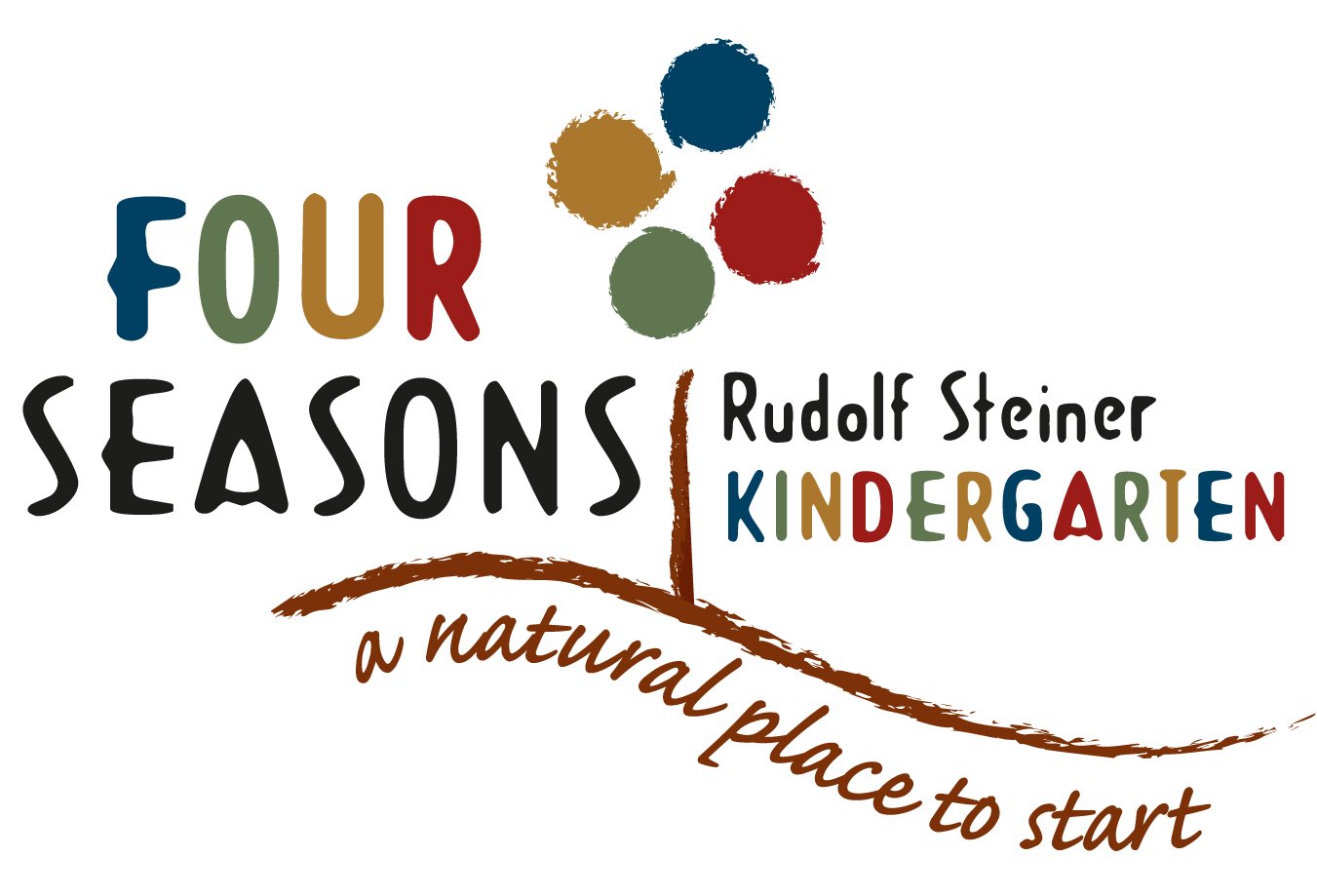Our daily rhythm
Rhythm is at the heart of everything we do at Four Seasons Kindergarten. The same daily pattern gives tamariki security and they know what to expect. Predictability is important for the young child and their sense of belonging is deepened from knowing what comes next. Tamariki trust in their day, their kaiako and the environment.
When you arrive with your child each day, you’ll find a teacher in the garden, hanging out the daily washing and greeting whanau as they come through the gate. Inside in the dining room, you’ll find a kaiako preparing bread rolls that will form part of our lunch later in the day. You’ll find another kaiako will be in the lounge, folding washing and ready to welcome tamariki into the kindy day. This is a time for connection with children and parents, a handing over to begin the day. Tamariki may choose to partake in these activities alongside the teacher, or enter into free play with friends. For the child who is new to kindergarten, settling into the kindy day alongside a teacher, doing a ‘job’ is a lovely idea.
Once our ‘jobs’ are done, then we breathe out – tamariki play freely inside with toys of natural materials such as wooden blocks, handmade dolls, dress ups, sheets and structures for hut building and items from nature such as shells and pinecones. These allow for tamariki to fully use their imagination and keep them in touch with materials of a ‘true nature’.
Another time for connection comes with morning tea. Children are invited to join one of the kaiako as they host morning tea from 9.30am until approximately 10.00am and once bellies are full, we return to play for the rest of the morning.
Tamariki are free to choose to play either inside or outside. The outside environment offers many opportunities for large body movements eg. climbing, lifting, digging, pushing, pulling, running, jumping whether it be in the sandpit, in the ‘forest’, in the log play area or the mudpit. Planting, growing ,harvesting and eating the vegetables from our little gardens provide meaningful examples of real life interdependence. Inside is a time for imaginary play, family play, drawing, painting, blocks and books.
When everything is tidied away inside, around 11.00am, we come together as a whole group, sitting to share a nutritious meal for lunch. Following lunch, it’s time for rest and we settle into ‘camping time’ where we all rest quietly for approximately half an hour. Some tamariki will fall asleep, and are supported to have their nap as long as needed, or as requested by whanau. At 12.30pm, after camping time, there is the opportunity for the young child who is at the beginning of their kindergarten journey to head home.
The later part of the afternoon offers tamariki the opportunity for free play again. Our day concludes with a shared afternoon tea at 1.45pm and then circle time follows and a story is told. Then it is time for farewells for the day, children collect their belongings and are lovingly delivered back into the care of their family at 2.30pm.
Because rhythm is so important in building a sense of security for tamariki, parents are able to help settle children with a remark “I will be back after camping time or after afternoon tea and storytime”.
The days of our week have a deep rhythm in association with what kai is prepared each day. You’ll often hear tamariki saying “I come on soup day and pasta day.” They’ll also tell you which days their friends come on too.

